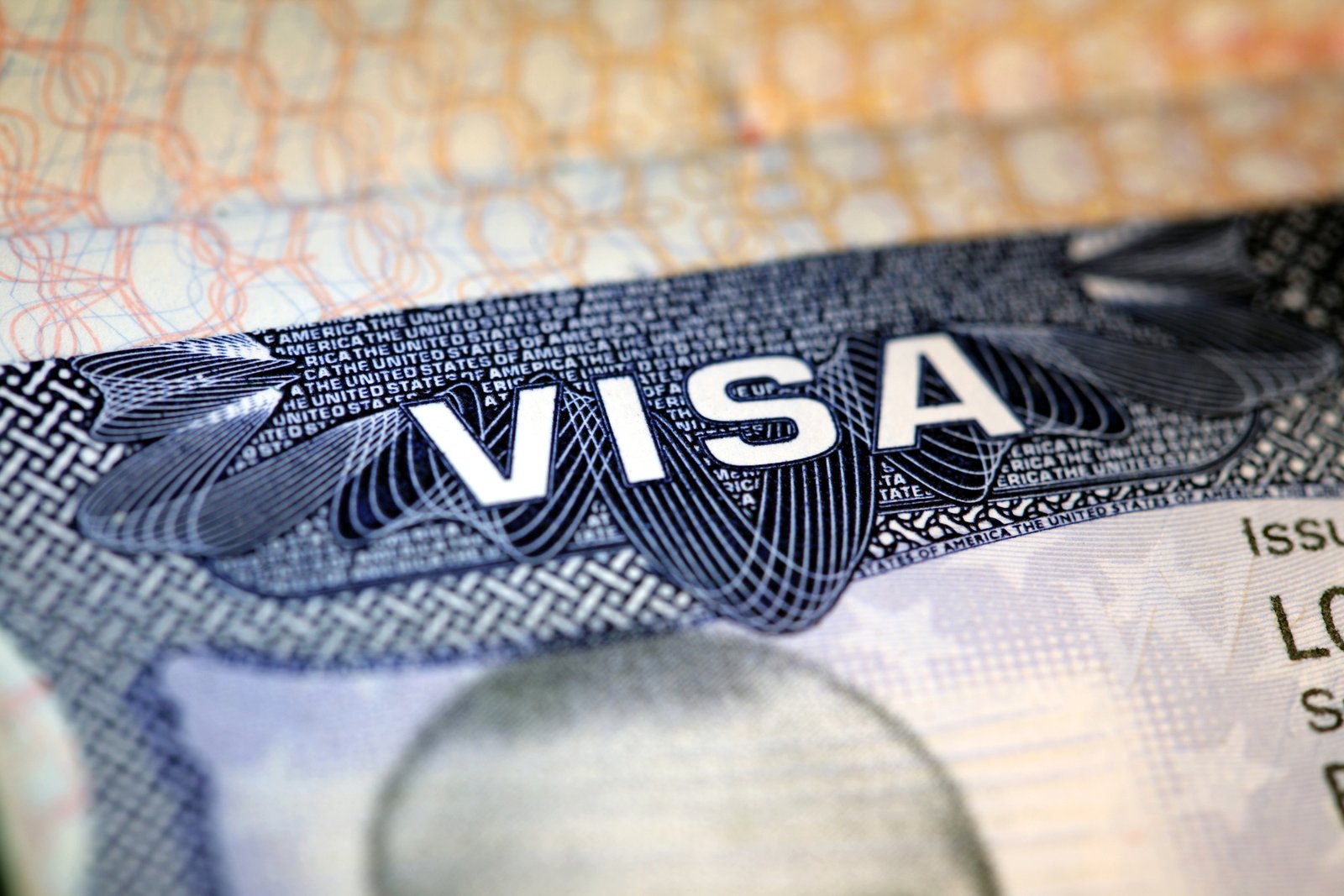Prime Minister Addresses Suspension of US Student Visas
Paragraph 1: The US Student Visa Freeze and Global Impact
The United States’ abrupt halt in issuing student visas has sent ripples of concern across the globe, affecting students aspiring to pursue higher education in the country. The decision, which encompasses a freeze on visa interview appointments, deportations, and visa revocations, has left prospective and current international students in a state of uncertainty. This action has sparked widespread anxiety among international students and the educational institutions that host them. The sudden change in policy has disrupted academic plans, created financial anxieties, and raised questions about the future of international student mobility to the US.
Paragraph 2: Impact on St. Kitts and Nevis Nationals
The US has long been a preferred destination for students from St. Kitts and Nevis seeking advanced educational opportunities. The visa freeze therefore poses a significant challenge for Kittitian and Nevisian students aspiring to study in the United States. The Prime Minister of St. Kitts and Nevis, Hon. Dr. Terrance Drew, has acknowledged the concerns and addressed the issue in a recent conference, highlighting the potential disruption this poses to the educational pursuits of the nation’s citizens. He sought to reassure affected students and emphasized the government’s efforts to address the situation.
Paragraph 3: Prime Minister Drew’s Response and Reassurance
Prime Minister Drew’s address aimed to allay the anxieties of affected students and their families. While acknowledging the seriousness of the situation, he emphasized the government’s commitment to finding solutions and supporting its citizens. Details of his response, including any specific actions or diplomatic efforts being undertaken, were shared via a recorded statement, indicating a proactive approach to managing the situation and keeping the public informed. His message sought to convey a sense of stability and reassurance in a time of uncertainty.
Paragraph 4: Deeper Implications of the Visa Freeze
The suspension of student visas extends beyond individual aspirations and has broader implications for international education exchange and US universities that rely on international student enrollment. The potential loss of diverse perspectives and talent within US educational institutions is a significant concern. Furthermore, the economic impact on both the US and sending countries, due to decreased student spending and potential disruptions to research collaborations, cannot be overlooked. The long-term consequences of this policy shift remain to be seen, but the immediate effects are already being felt by students and institutions alike.
Paragraph 5: Potential Future Scenarios and Government Action
The future of student visa issuance remains uncertain. Various scenarios are possible, including a resumption of processing with increased scrutiny, continued restrictions, or even potentially more lenient criteria. The St. Kitts and Nevis government is likely to continue monitoring the situation closely and engage in diplomatic efforts to advocate for its citizens’ educational interests. Exploring alternative study destinations and bolstering domestic educational opportunities could also be considered as contingency plans. The government’s response will need to adapt to evolving circumstances and prioritize the educational pathways for its citizens.
Paragraph 6: The Importance of International Education and Cooperation
International education exchange plays a vital role in fostering global understanding, promoting cultural diplomacy, and advancing knowledge across borders. Situations like the US student visa freeze underscore the fragility of these exchanges and the importance of ongoing communication and cooperation between nations. Finding solutions that facilitate student mobility while addressing security concerns is crucial for maintaining the benefits of international education for all stakeholders. The future success of global education hinges on a collaborative approach that balances national interests with the value of cross-cultural exchange.
Share this content:












Post Comment